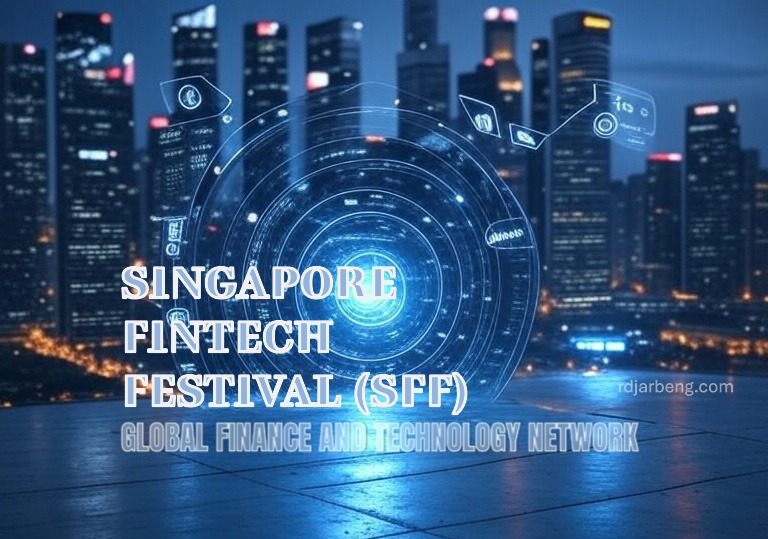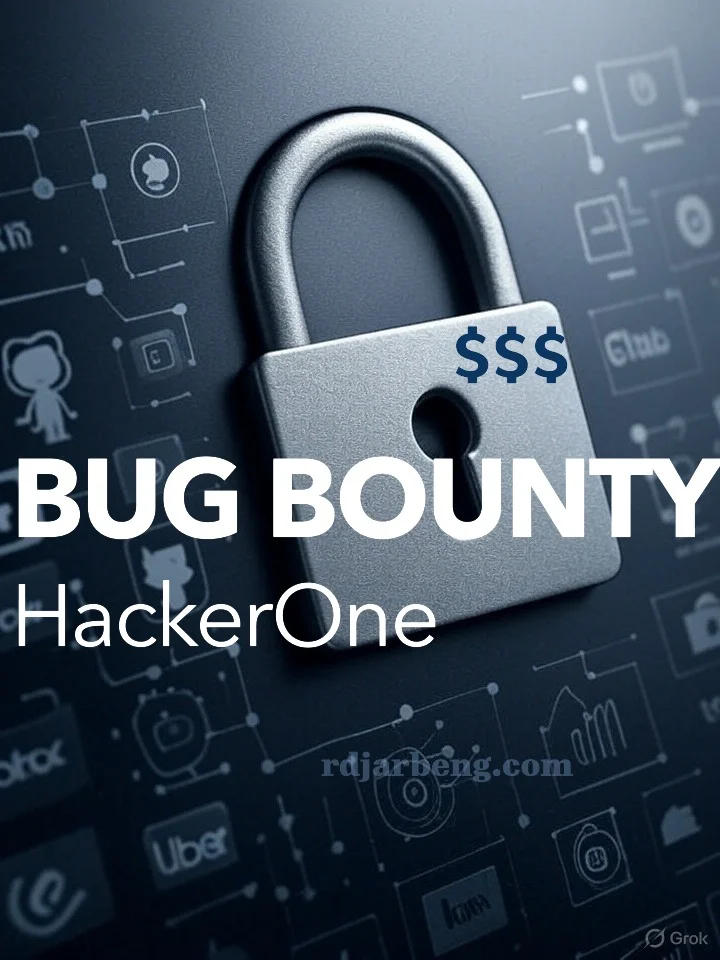A Decade of Singapore FinTech Festival 2025-Decoding an Email
Today, I want to share something interesting that landed in my inbox – an email from Sopnendu Mohanty, the Group CEO of the Global Finance & Technology Network (GFTN). The email was titled: “An Open Letter from Sopnendu Mohanty: A Decade of SFF and What’s Next”. It’s an open letter about the Singapore FinTech Festival (SFF), which is celebrating its 10th edition in 2025. As someone who’s not deeply versed in finance, a lot of the terms threw me for a loop at first. Things like “open banking,” “UPI,” and “financing for SMEs” sounded straightforward but felt overwhelming. I did some digging to make sense of it all, and I thought it’d be fun to break it down here. If you’re like me and fintech jargon makes your head spin, this post is for you.
The Email: A Quick Summary
The email is essentially an invitation and reflection on the SFF, themed “Shaping the Next Decade of Growth.” Mohanty talks about how the festival started as a platform to unite policymakers, innovators, and industry folks to tackle real finance problems. Now, a decade later, it’s grown into a global event coinciding with Singapore’s 60th independence anniversary.
Key highlights from the email:
- Past Achievements: Innovations like real-time payments (instant money transfers), digital public infrastructure (government-backed tech systems for services like payments), and cross-border links such as PayNow-UPI (a connection between Singapore’s and India’s payment systems).
- Speaker Lineup: Big names like Dr. Roy Fielding (the guy behind REST APIs), Nandan Nilekani (co-founder of Infosys and architect of India’s Aadhaar system), Eric Jing (from Ant Group), and Dr. Paul Taylor.
- Future Focus: Emerging tech like AI (artificial intelligence for smarter finance), tokenization (turning real-world assets into digital tokens on blockchains), and quantum computing (super-fast computing that could revolutionize security and data processing).
- Challenges Ahead: Stuff like the huge financing gap for SMEs (small and medium enterprises), unbanked populations (people without access to banking), ageing societies needing better retirement plans, and risks in digital finance like data privacy and cybercrime.
- Call to Action: Register now for SGD 1,000 before prices go up on September 7, 2025. It’s all about building a resilient, inclusive financial ecosystem.
The email ends on an optimistic note, emphasizing collaboration. It got me thinking about how finance is evolving, even if I’m not an expert.
Breaking Down the Jargon: My Crash Course in FinTech
As I mentioned, I’m no finance whiz, so I had to look up a bunch of these terms to wrap my head around them. Here’s a simple breakdown based on what I learned – think of this as FinTech 101 for beginners like me:
Open Banking
This is basically a system where banks share your financial data (with your permission) with third-party apps or services via APIs (Application Programming Interfaces – think of them as bridges that let different software talk to each other). The goal? To make banking more competitive and user-friendly. For example, an app could analyze your spending across multiple banks to give better budgeting advice or offer instant loans. It’s big in places like the UK and Europe, promoting innovation while keeping things secure.
UPI (Unified Payments Interface)
UPI is India’s super-popular real-time payment system, launched in 2016. It lets you send money instantly using just a mobile number or a virtual payment address, without needing bank details. The email mentions “PayNow-UPI,” which is a cross-border link between Singapore’s PayNow (their instant payment system) and India’s UPI. This means seamless transfers between the two countries – great for remittances or travel. It’s part of broader efforts to make global payments faster and cheaper.
Financing for SMEs (Small and Medium Enterprises)
SMEs are basically small businesses – think local shops, startups, or family-run companies. The email highlights a massive global “financing gap” of USD 5.2 trillion, meaning these businesses often struggle to get loans or capital because banks see them as risky. FinTech solutions aim to fix this with things like alternative credit scoring (using data beyond traditional credit history) or peer-to-peer lending platforms. It’s a huge issue because SMEs drive a lot of economic growth and jobs, but without funding, they can’t expand.
Other quick hits on terms that popped up:
- Real-Time Payments: Money moves instantly, 24/7, unlike old-school transfers that take days.
- Digital Public Infrastructure: Government-built digital systems (like India’s Aadhaar or payment networks) that everyone can use, making services accessible and efficient.
- API-Driven Architectures: Building financial systems around APIs so they can integrate easily with other tech, fostering innovation.
- Digital Asset Pilots: Testing things like cryptocurrencies or tokenized assets (e.g., representing real estate as digital tokens) in controlled environments.
- Tokenization: Converting physical assets (like art or stocks) into digital tokens on a blockchain for easier trading and ownership.
- Quantum Computing: Next-gen computers that solve complex problems way faster than today’s tech, potentially cracking current encryption but also enabling better financial modeling.
The email also touches on broader challenges like cybercrime (hacking in finance), data privacy (protecting your info), and even energy consumption from all this digital stuff. It’s eye-opening how tech is solving problems but creating new ones too.
My Thoughts: Why This Matters (Even If You’re Not in Finance)
Reading this email made me realize how interconnected the world is becoming through finance tech. As someone outside the industry, it’s exciting to see how these innovations could make everyday life easier – like sending money abroad without fees eating into it or getting personalized financial advice via AI. But it’s also a reminder of the gaps: billions unbanked, SMEs struggling, and the need for trust in tech.
I’m tempted to learn more about SFF, maybe even attend if I can swing it (though SGD 1,000 is steep!). It feels like a window into the future. If you’re into tech or curious about global finance, check out their website or agenda – who knows, it might spark something.
What do you think? Have you dealt with any of these fintech tools in your life? Drop a comment below!
Note: This post is based on an email I received on [insert date if known]. All opinions are my own, and I’m not affiliated with SFF or GFTN.
Thanks for reading! Stay curious. 🚀
PS: I know this email may not have come directlly from the CEO mentioned, I just thought it would be interesting to document how I tried to understand the finance terms mentioned
Disclaimer: The information contained herein is for informational purposes only. Nothing herein shall be construed to be financial, legal or tax advice. The content of this post is solely the opinions of the writer who is not a licensed financial advisor or registered investment advisor.


